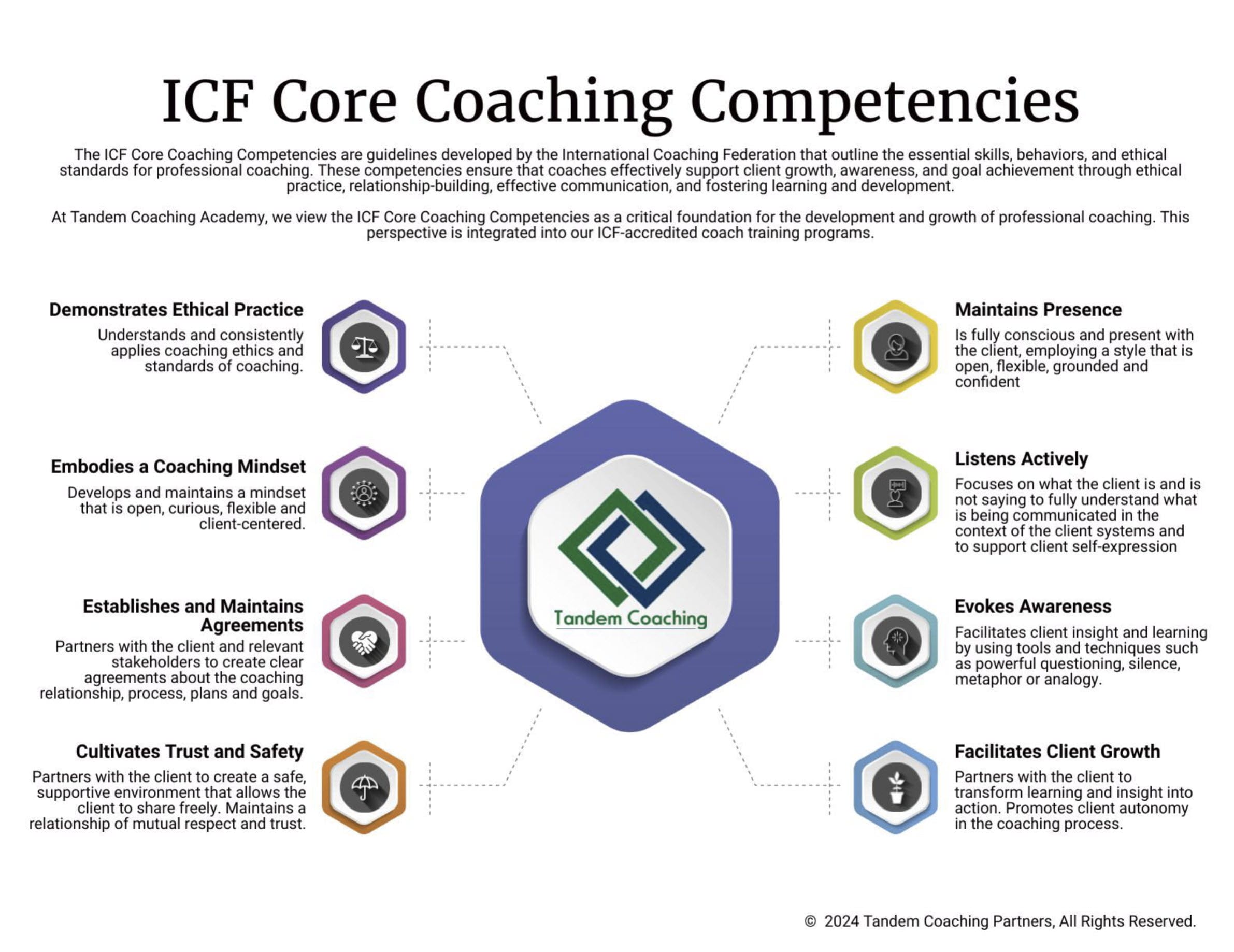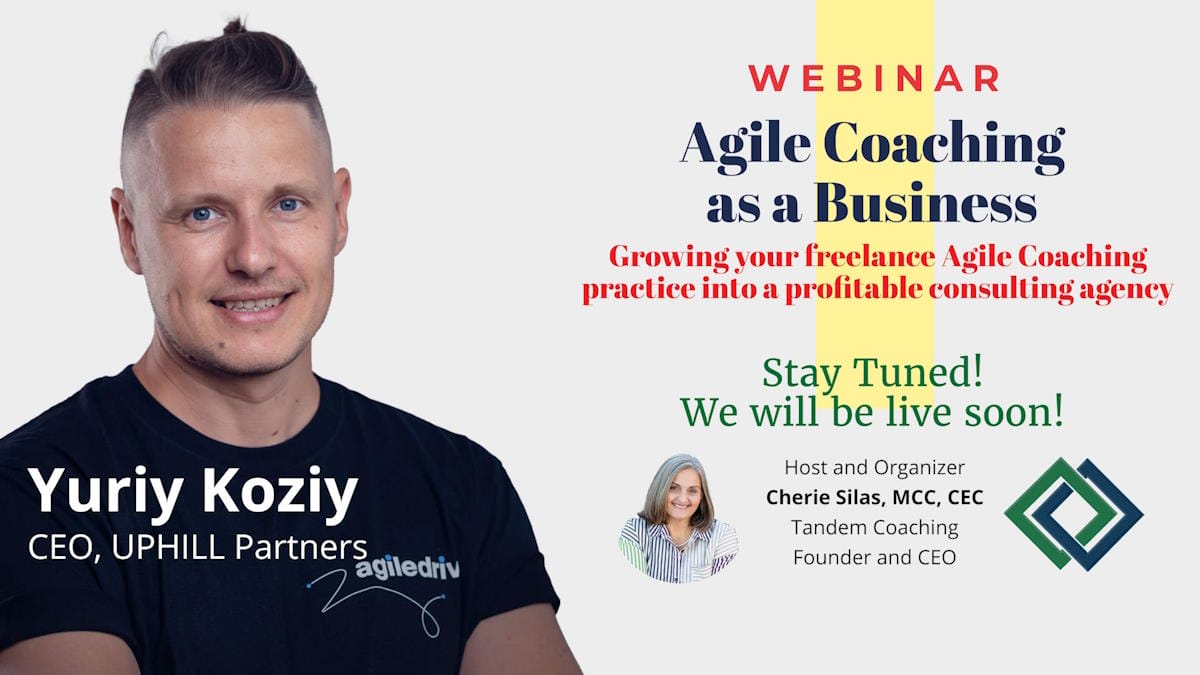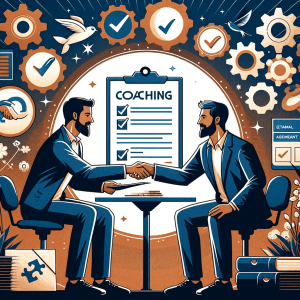Agile Coaching has evolved remarkably over the past three decades, reaching what many consider the Late Majority stage of innovation. With the landscape continually shifting, staying ahead means more than just keeping pace; it’s about redefining the game. This webinar is designed to guide current and aspiring Agile Coaches through the maze of opportunities and […]
Tandem Coaching Blog
Agile Coaching
Discover five key coaching strategies for enhancing executive success in an agile context. Learn how active listening, reflection, client language, emotional exploration, and empathy can transform leadership effectiveness, fostering a culture of adaptability and continuous learning.
Discover five key strategies for agile coaches to transform leadership teams: embracing presence, cultivating emotional intelligence, championing work-life harmony, leveraging silence for reflection, and building a foundation of continuous learning. These approaches foster resilience, innovation, and a culture of trust in agile environments.
Explore how person-centered coaching empowers agile leaders, focusing on trust, active listening, reflective inquiry, and embracing the leader's whole self for transformative growth.
Discover four key strategies for empowering agile leaders through action and accountability, enhancing their effectiveness and fostering a culture of continuous improvement.
Discover five strategic steps for agile coaches to establish an effective engagement plan for leadership teams, ensuring alignment, clarity, and sustainable growth.
Discover how to master the art of listening in agile leadership coaching with these four essential skills, transforming your coaching approach and enhancing organizational agility.
Discover five transformative strategies for building trust and enhancing communication in agile teams, from understanding individual contexts to fostering openness and establishing clear goals.
Explore five key steps to establishing effective coaching agreements with agile leaders, ensuring clarity, trust, and impactful outcomes.
Discover four transformative strategies for personal growth in leadership: Active Listening, Evoking Awareness, Recognizing Emotional Shifts, and Fostering a Forward-Thinking Mindset.

Take your Agile Coaching Skills to the next level with our Professional Coaching Training

Unlock Your Coaching Potential with Tandem!
Dive into the essence of effective coaching with our exclusive brochure, meticulously crafted to help you master the ICF Core Coaching Competencies.
"*" indicates required fields














